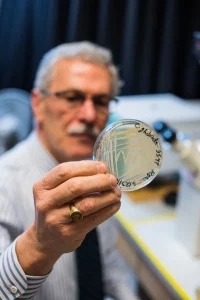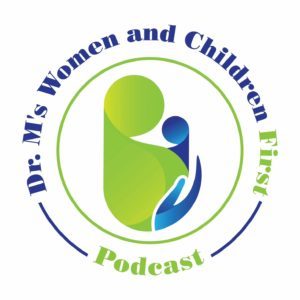
Podcast: Play in new window | Download
Breastmilk is Dynamic
Cellular and transcriptional diversity over the course of human lactation
This recent 2022 paper in the Proceedings of the National Academy of Sciences by Dr. Nyqiust and colleagues is a site for sore eyes.
It offers a remarkable, high-resolution portrait of how the cellular landscape of human breast milk (hBM) shifts over time. The authors capture something both scientifically rich and uniquely human: the dynamic, living composition of milk as it adapts to the changing needs of mother and child.
The abstract: “Human breast milk is a dynamic fluid that contains millions of cells, but their identities and phenotypic properties are poorly understood. We generated and analyzed single-cell RNA-sequencing (scRNA-seq) data to characterize the transcriptomes of cells from hBM across lactational time from 3 to 632 d postpartum in 15 donors. We found that the majority of cells in hBM are lactocytes, a specialized epithelial subset, and that cell-type frequencies shift over the course of lactation, yielding greater epithelial diversity at later points. Analysis of lactocytes reveals a continuum of cell states characterized by transcriptional changes in hormone-, growth factor-, and milk production-related pathways. Generalized additive models suggest that one subcluster, LC1 epithelial cells, increases as a function of time postpartum, daycare attendance, and the use of hormonal birth control. We identify several subclusters of macrophages in hBM that are enriched for tolerogenic functions, possibly playing a role in protecting the mammary gland during lactation. Our description of the cellular components of breast milk, their association with maternal–infant dyad metadata, and our quantification of alterations at the gene and pathway levels provide a detailed longitudinal picture of hBM cells across lactational time. This work paves the way for future investigations of how a potential division of cellular labor and differential hormone regulation might be leveraged therapeutically to support healthy lactation and potentially aid in milk production.” (Nyquist et. al. 2022)
And more information on breastmilk immunology and a recipe.
Dr. M



















